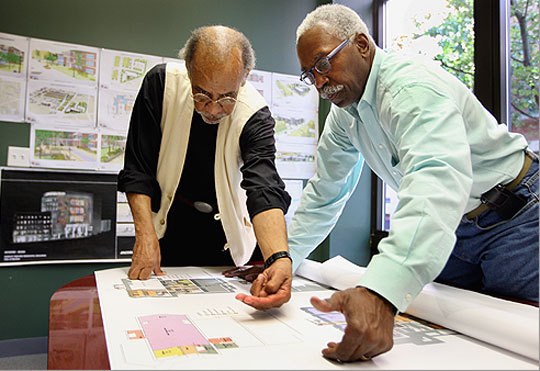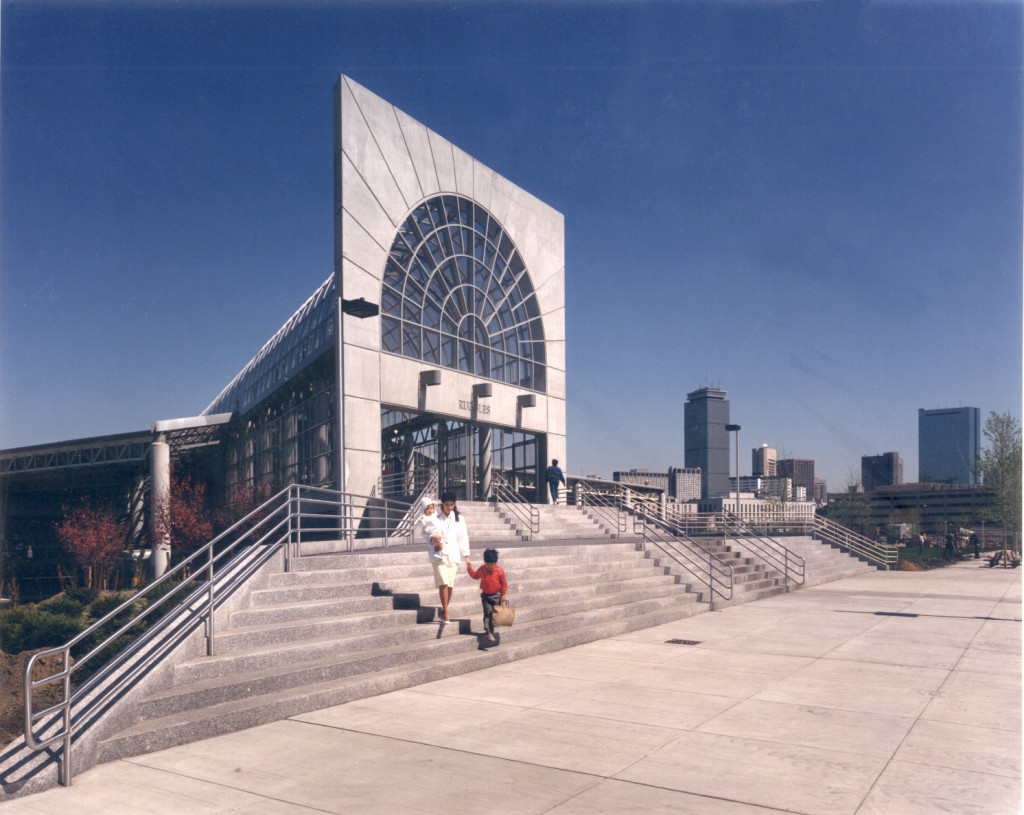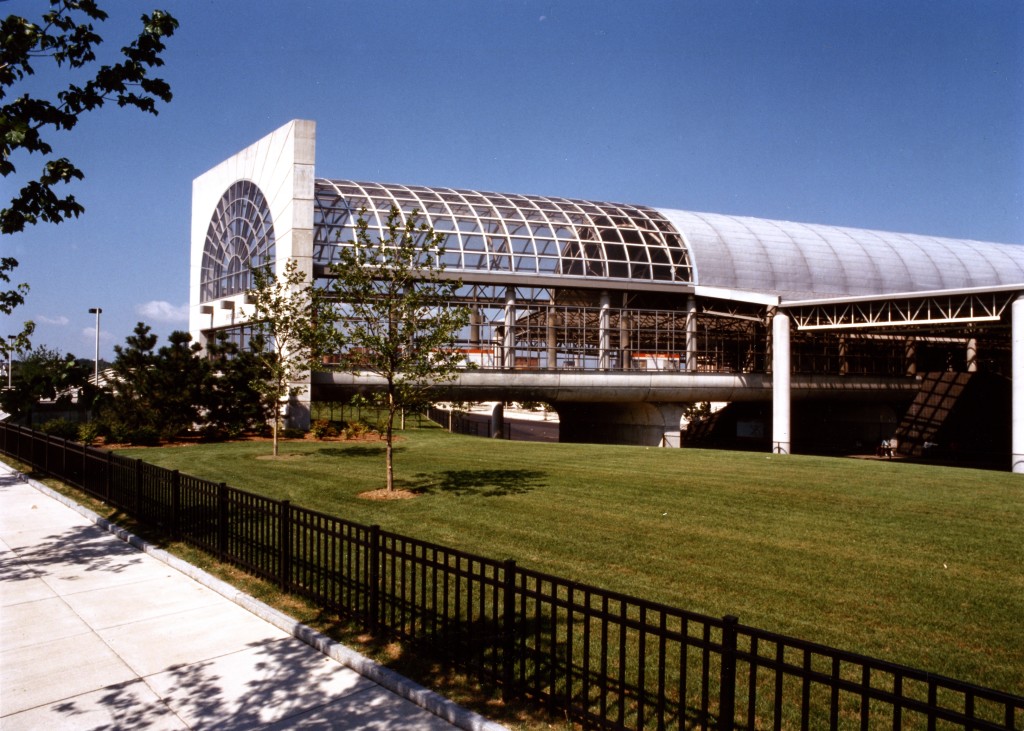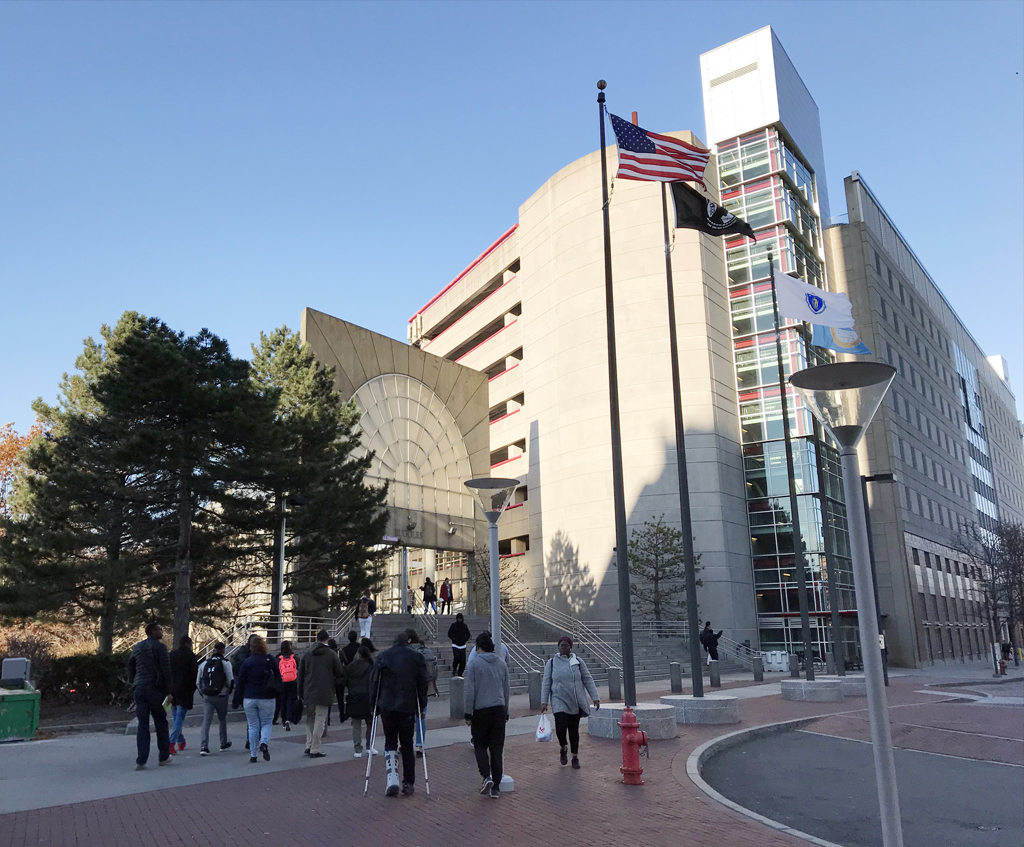Consideration & Community planning techniques in Lower Roxbury 1970-2000

Thomas Burns and Jesse Cardoso for MassDOT 2009
Stull & Lee Incorporated
Most of the work done by Stull & Lee done in the Lower Roxbury area starting in 1970 has had placed focus on community engagement through both client and resident requests. As architects and community members Stull & Lee were known to question and ponder solutions to problems that themesleves and others in the african american & urban community of roxbury faced during these formative years.
Meet the Architects
Boston diversity data courtesy of Boston Plans
Community evolution
Lower roxbury is a place of rich history of social and community activism of all kinds. It is also home to one of bostons most diverse neighborhoods that is currently being subject to a similar type of renewal that it underwent in the early 70's. Along with this work there is a promise and hope that the work done will help raise community living standards.
Inspiration for this project comes from a video interview with Kenneth Guscott, a prominent community member and real estate developer in the greater Lower Roxbury/Dudley Square areas in the years after his service in the second world war.
Guscott has witnessed his community become built up over the course of the years, he was also around when the population dwindled in early part of the 20th century was rapidly dwindling. Roughly 60,000 people left Roxbury from 1950 up until 2000, according to city data.
"Take care of your family, take care of your children, take care of your community"
Kenneth Guscott, Dudley Square 2015, photo courtesy of Boston Globe
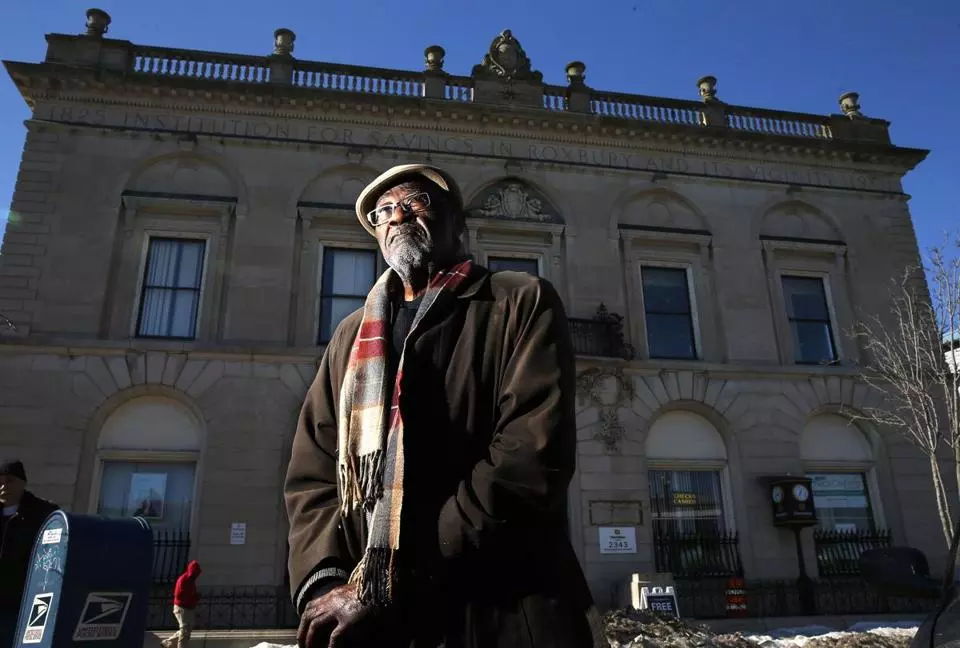
Nowadays as he reflects, the biggest thing for Guscott is how we know the community has benfited and will benefit from these changes & developments in the area.
Following the change
This project aims to take a retrospective look at some of the more well known projects in the area, using working drafts, community correspondance and other architectural documents to see if we can gain any insight into how those who plan and build the physical community work. The following questions were used as a guide to choosing relevant documents:
- How can we design for communities as diverse as roxbury?
- What type of considerations did urban planning require years ago, what about today?
- Were these buildings good or bad for the commmunity at large?
We may also gain knowledge about how sensitive these people were to one of bostons most diverse communities and their needs.
View the spaces

Boston Police Headquarters
The facility brings together many Police Department functions into a single, state-of-the-art structure, that inclduded some explicit design request to help welcome the general public into the space.
Select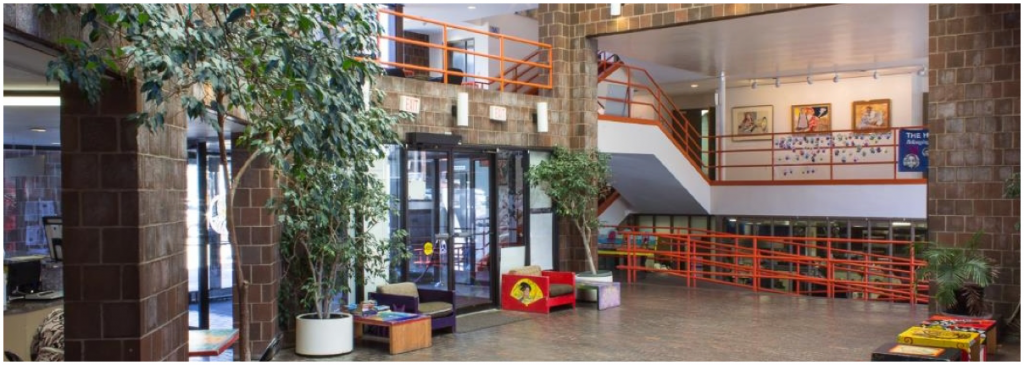
United South End Settlements
As USES celebrates its 125th year, they are now reaffirming their founding vision of an inclusive community where neighbors from all walks of life work together so that all can thrive, while implementing a bold, new model designed to promote economic mobility and social capital to break the generational cycle of poverty.
Select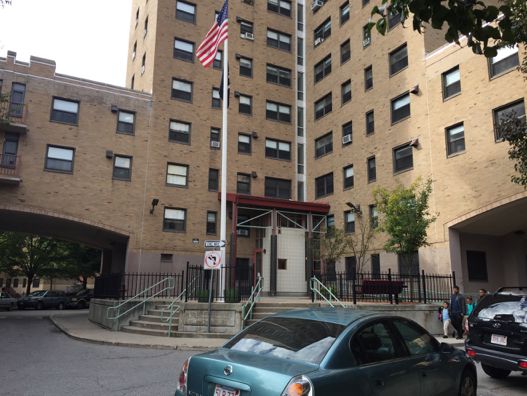
Cathedral Housing Project
Located in the heart of the Historic South End neighborhood, the Ruth Barkley Apartments offer an array of modern apartments in a variety of configurations for low- and moderate-income individuals and families.
Select